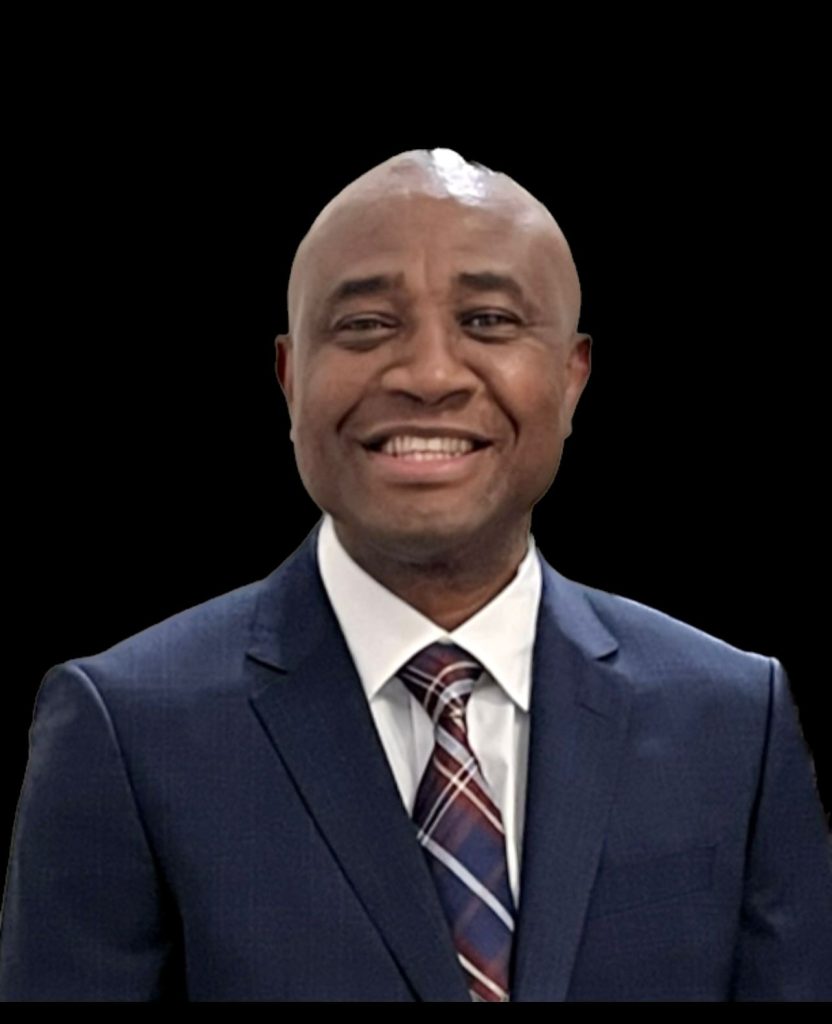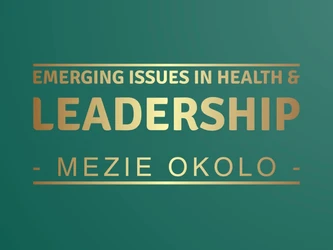Who actually cares about the poor? In all of human society known to us, health care has become ostentatious good, available to and affordable only by the upper class. Growing up, we were taught that universal primary heath care is a fundamental human right…y’all right. First and foremost, there is nothing universal about health or health care. If indeed there is anything universal related to health, then there is no care associated with it. Health care for the poor seems to always be poor health care. But why can’t health care be universal and universally accessible to those who need it? Why should the poor be poorly diagnosed and poorly cared for? Diseases that affect the poor or the world’s poorest populations especially the third world countries are called ‘neglected tropical diseases’ and everybody is ok with that title. Isn’t that an indictment on us?
I have lived and worked in three countries (in three continents) so I will be looking briefly at those systems to make my points. In Nigeria, the health system at the rural communities is anything but systematic. There is high level of self medication because most people cannot afford the cost, luxury and/or inconvenience of going to a doctor’s clinic. Also, regulatory frameworks are poorly structured and poor executed. Lack of trust in the quality and usefulness of service and the products undermine the clinical training of the providers.
If you manage to show up at a doctor’s clinic, you have to buy medical card before anybody will talk to you. Certain persons have died because the family was not able to gather enough money in time to deposit before the doctor would do his thing.
It is not entirely the doctors faults also, because people don’t go to the doctor until they are already convinced they are dying. Many people that show up at a doctor’s private clinic are actually emergency department cases but lack of emergency department and lack of adequate systematic referral and logistic arrangement mean that even quark nurses stand in for a doctor who is rarely on duty. The result is that more people die of poverty and of no health care than of poor health care. The rich have a way of making the system work for them if they don’t want to hop into the next available flight. However, coronavirus changed all of those dynamics. Nigeria is overdue for a law against medical tourism by government officials and politicians.
The last time I checked, I saw my NHS card and it reminded me about my days as Clinical Audit and Clinical Effectiveness Facilitator over a decade ago. For the benefit of those who are not familiar, the NHS is designed to provide health care for everybody in the UK with an arrangement that assigns everyone a GP within a reasonable distance from his postal code. The idea is to make sure that primary health care is as close to the people as possible. When you do need care, you could see your GP pretty soon and it has nothing to do with ability to pay. Although the NHS has its own numerous challenges, at the primary care level it serves those who would otherwise not be able to pay for care. Even wellness check for a newborn was part of the package those days when my daughter was born. What is more noteworthy was prescription copay…no outrageous charges at point of care as could be the case in the Americas. Even though I had to wait a year in line to see a dermatologist.
Here in the United States it is pretty much survival of the fittest so to speak. Although there is Medicaid and Medicare, most people are either on private insurance or no insurance at all. The average hardworking middle income family would not qualify for Medicaid and may not be able to afford private insurance. They just fall through the cracks of society. Even Obamacare seems to have made it harder for certain categories of people to procure coverage. What then happens is that the hardworking poor suffer and live with a more than proportionate amount of unmet health needs. Over this period of coronavirus, the situation has been unusually escalated to the point that people refuse to refill their prescriptions because they have to buy food. Some people have nothing or almost nothing else left in the house but toilet papers. I still don’t understand the rational behind stockpiling of toilet papers. But the poor still suffer more from the ‘rona virus’ than everybody else. The people that catch and those that die of the “rona virus” are predominantly, (you guessed right) middle or lower class. One could blame that on low immune system probably from not eating healthy. But eating healthy is costly. We all want to eat healthy but we all cannot afford to eat healthy and we all don’t know how to eat healthy. That’s why we initiated “Start Healthy Magazine” to help people understand that you are what you eat.
Many people don’t know that the best form of health care is care about your daily routines which includes what you eat. Time and space will not permit us to talk about the effect of chemical additives in food and on our body. But we must quickly say that if you don’t check what you eat you will soon be checked for what you eat. Many people eat themselves to obesity, others drink themselves to cirrhosis and yet others smoke themselves to bronchitis. Who suffers more from these diseases? The poor of course.
So back to our question, ‘who cares for the health of the poor?’ Ironically not even the poor themselves care for the health of the poor. When the poor suffer ill health from poor choices, that is triple jeopardy. If we could hardly survive one, how would we deal with three? That explains the decline in quality and quantity of life in contemporary society. Total reorientation, personal responsibility and leadership are needed to change this ugly trajectory. At the intersection of health and leadership, blessed is he that considers the poor…he lends to the lord. May he be handsomely rewarded on the day of reckoning.
@MezieOkolo is a leadership analyst and can he reached at www.mezieokolo.com



